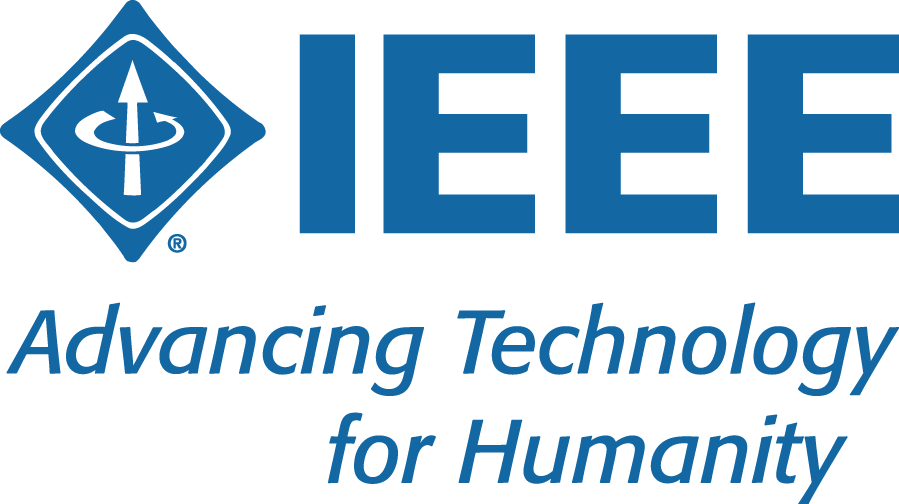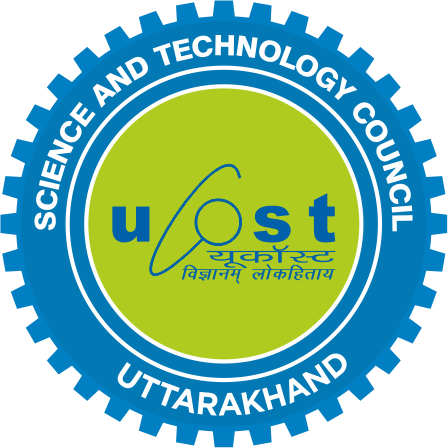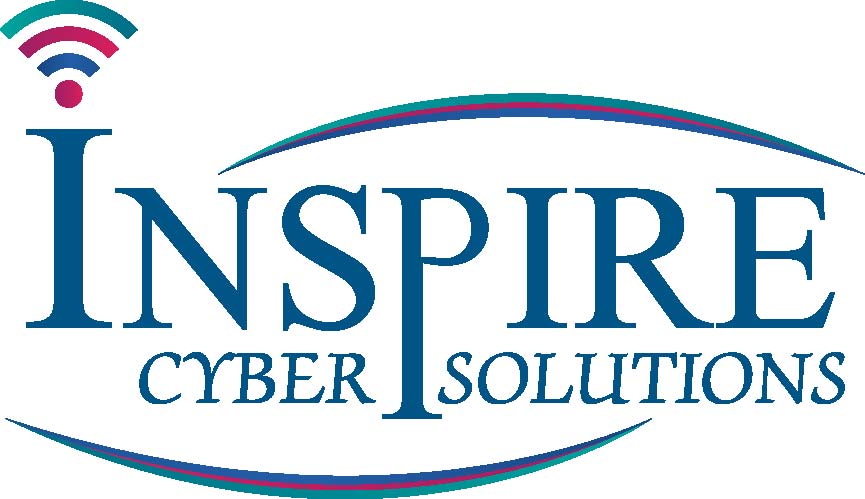Conference Objective:
The International Conference on Intelligent Systems and Embedded Design (ISED-2023), technically sponsored by IEEE, serves as a premier platform for researchers, academics, professionals, and industry experts to converge and exchange knowledge, ideas, and experiences in the fields of intelligent systems and embedded design. The conference aims to foster collaborative endeavors and unveil cutting-edge research that can further drive innovation and development in the interdisciplinary domains of high-performance/low-power circuits, algorithms, electronics, embedded systems, AI chips, and SoC technology, etc.
Developments in these domains will have a significant impact on the future electronic system design and advanced technologies focusing on being user-friendly, eco-sensitive, innovative, and energy efficient. The conference would enable fruitful discussions between experts and other delegates leading to concrete contributions towards advancing the state of the art. As a global semiconductor revolution is in the making, we bring ISED to the underserved Himalayan Region to spur wide interest in semiconductor systems.
Original, unpublished research papers are solicited from researchers and practitioners from academia, industry, and the government in areas of interest in, but not limited to, the stated conference tracks.
All papers accepted by ISED-2023 will be submitted for inclusion into indexed proceedings, provided at least one of the authors of each paper registers for the symposium and presents the paper.
Full Registration (not student registration) is required for each paper to be included in the presentation. In the case of multiple authors, at least one author is expected to register. Registration fee includes Proceedings CD, Conference Kit, Lunch and Tea during Conference, Conference Banquet, and Registration for Tutorials.
Original, unpublished research papers are solicited from industrial and academic researchers in any topics listed below. Topics of interest include, but are not limited to the following conference tracks.
Conference Tracks:
Track 1: Embedded System Design Methodology & Tools (ESDMT)
Embedded System Design Software System and Application Design
Power-Aware System Design
Analog/Mixed-Signal System Design
Digital System Design and Validation
Computer-Aided Design and Verification
Formal Methods for Embedded Systems
Middleware for Embedded Systems
Hardware/Software Co-Design
Component-Based Embedded Software Design
Model-based Design for Embedded Software
Domain/Application-Specific Design Techniques
Testing Techniques for Embedded Software/Systems
Verification and Validation for Embedded Systems
Performance Evaluation Techniques and Tools
Safety of Machine Learning for Embedded Systems
Building Machine Learning Systems
Sensor Networks and Systems
Emerging Technology and System Design
Power System Automation
Wireless/Wired Communication Systems and N/W
High-Performance Computing Systems
Management of Data including Big Data and Analytics
Sustainable Computing and Management
RFID, RF Engineering and Microwave Systems
Testing, Reliability, Fault-Tolerance
Track-2: Domain-Specific, and Reconfigurable Chips (DSRC)
High-Performance, Low-Power
Multi-Core and Highly-Reliable Systems
Machine Learning, Vision and Graphics Chips
Data Analytics and Big Data Processing
IoT and Always-On Functions
Custom Chips for Emerging Applications
FPGAs and FPGA-Based Systems
Coarse-Grained Reconfigurable Arrays
Track-3: Secure Mobile & Embedded Devices (SMED)
Graphics/Multimedia/Gaming SoC, Security, and DSP Chips
Secure Hardware
Hardware Support for Software Security
System Design and Security
Information and Cyber Security
Mobile Cyber-Physical Systems
Deep Learning Processors for Intelligent IoT Devices
|
Integrating machine learning in embedded sensor systems
Track 4: Emerging Embedded Applications & Interdisciplinarity (EEAI) Real-time systems and Applications
Signal Processing and Applications
Computer Vision and Image Processing Applications
Internet of Things for healthcare Applications
Intelligent Embedded Systems
Machine Learning for Embedded Applications
Internet-of-Things
Wearable Computing
Smart City
Intelligent Intersection Traffic Signal Control
Robotics and Control Systems
Cyber-Physical Systems
Assured Autonomy for Safety-Critical CPS
Automotive and Avionics Systems
Medical Systems
Database & Multimedia Systems
Network Protocols and Security
Emergency and Disaster Management
Consumer Electronics
Mobile Cloud Computing and Approximate Computing
Industrial Practices and Case Studies
Track 5: Artificial Intelligence of Things (AIoT)
Hardware designs and architectural templates of AIoT nodes
Distributed AIoT systems
AI accelerators targeting the AIoT domain
In/near-memory computing architectures
Non-volatile memories for AIoT devices
Optimization techniques targeting the AIoT domain
Low-power design methodologies for AIoT nodes
Energy harvesting and power management circuits for AIoT devices
Emerging technologies and their application to AIoT devices
Track 6: Intelligent System and Device Security (ISDS)
AIoT privacy and security
WSN security
WBAN privacy and security
Cloud-based AIoT security
|
Machine learning for AIoT security
AIoT hardware security
Blockchain for AIoT security
Industrial AIoT security
Medial AIoT privacy and security
Cryptography in AIoT
Layered security principles and ways to enhance perimeter defense in the AIoT AIoT gateway vulnerabilities and best practices of defense The malicious impact on AIoT, Thingbots, Hivenets Forensics in AIoT Law, Policy, and Privacy in AIoT Track 7: Intelligent Systems and Methodology (ASM)Knowledge Representation and Reasoning Machine Learning (ML) and Neural Computing Evolutionary Computation Fuzzy Systems Intelligent Information Processing (Video, Image, Audio, Language and other Multi-modal Information) Data Ming and Knowledge Discovery Pattern Recognition (PR) and Computer Vision (CV) Audio Signal Processing Natural Language Processing (NLP) Intelligent Control and Robotics Multi-agent Systems and Programming
Track 8: Applications of Intelligent Systems (AIS)
Intelligent Cities Intelligent Transportation
Intelligent Systems for Security and Management
Intelligent Systems for Industry
Intelligent Supply Chain
Unmanned factory and flexible manufacturing
Unmanned Warehouse
Service Robot
Intelligent Systems for Consuming
Intelligent Hardware and Smart Wearable Devices
Intelligent Furniture
New Retails
Unmanned Driving and Autonomous Systems
Intelligent Systems for Medical Treatment and Health
Intelligent Systems for Agriculture
Intelligent Systems for Business and Finance
Internet of Things and its Applications
|
Proceedings: The conference proceedings will be submitted for indexing in IEEEXplore.
Important Dates:
Full Paper Submission:
|
31st Aug 2023
Extended Date: 15th Sept 2023
(Submissions Closed)
|
Paper Acceptance Notification:
|
16th Oct 2023
|
Camera-Ready submission:
|
16th Nov 2023
|
Conference:
|
15th – 17th Dec 2023
|
Doctoral Conference:
Ph.D. students in the above and related areas will have the opportunity to present their research work and interact with experienced researchers from academia, industry and research labs.
This 2023 edition of the symposium is being hosted by DIT University, Dehradun.








